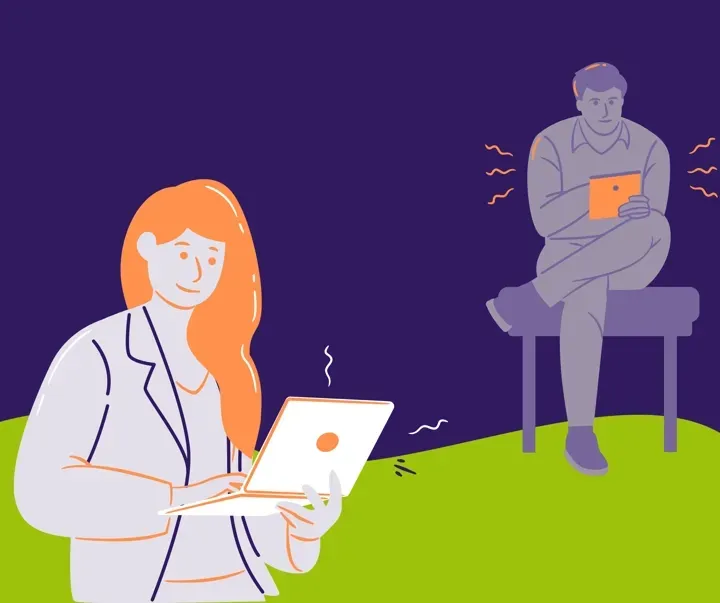How to Better Understand Your Event Attendees

Catherine was previously a Digital Marketing Strategist at Piccles
- Published at
- Last updated

Event planning is actually not much different than selling a product. You may question us on this, but we would recommend you to take one moment to think through the value chain of your event planning.
Are you planning from the perspective of attendees who are involved in the process from the beginning to the end? Optimizing attendee experience is essential for building a community for networking and maximizing ROI for your event, whether it be a virtual event or an in-person one.
Understanding your attendees before, during and after the event
Undoubtedly, you want attendees to be excited about attending your event, to enjoy themselves during the event and to feel it was worthwhile afterwards. It won't be difficult if you start by following these recommendations across the three stages of your event!
Pre-event
Persona
Companies can promote themselves better when they sell to specific target customers. Understanding attendee personas allow you to create content, structure and other services that appeal to your target audience. Learning how to create a detailed persona based on event should be the first step to do.
Journey
You should also get started with analyzing attendee journey early on. For instance, generally, event listing websites like Eventbrite, social media platforms and peer recommendations are the ways attendees filter and decide which events to attend, and email communication is the most effective way to interact before an event. When it specifically comes to your target audience, it is time for you to really get to know what websites they go for searching events, what social media accounts they follow and how they react to emails or other communication methods like event apps.
Demand
Identifying attendee attitudes and preferences for events allows you to better tailer your event design to develop personal connection with your target audience. There are a ton of ways to achieve this goal: collecting researches online, sending out surveys or talking to your audience and analyzing common trends using digital marketing tools.
During the event
Onsite Journey
Attendee journey does not only exist before the event, but during the event as well. Understanding the journey from start to finish will help with structure, agenda and logistics. For in-person events, you need to focus on event venue, checkin process and food and beverages. For virtual events, how to choose the right video conferencing platform, to modify camera and audio settings and to utilize breakout rooms should be considered.
Performance Metrics
Another way of knowing how your attendees are absorbing the content is through performance metrics, which are much easier to measure during virtual events. Using event apps will give you information about how attendees are using in-apps features for your event. Including custom hyperlinks that attendees can click to go to specific offers or web page can help you track performance and gauge ROI for sponsors. Asking questions through live polling tools is also one way to get response rate to measure attendee engagement.
Post-event
Feedback Survey
Don't forget that your goals are building on-going relationships with your attendees and measuring ROI! Knowing how your attendees feel after the event is key to maintaining relationships and measuring event success. One of the best way to understand attendees is to conduct post-event feedback surveys. Keep it short, ask the right questions, and express your gratitude.
Email Communication
Email communication will provide an implicit way of understanding attendees after the event. You can include a thank-you message, a subscription link to your newsletter or an additional offer for later events. Open rate, click rate and engagement analytics will reveal what truly matters to your audience. Additionally, you can use A/B testing to see what messaging and content resonates best with your audience.
Social Media Community
If you want to build a sense of community after the event, engage your audience where they already are - social media platforms. You can create campaigns that to engage and learn about your audience by posing open-ended questions, or highlight takeaways from your event for people to reminisce about. By motivating your attendees to communicate with each other about their event experience, you can keep the buzz going and ensure the next event will be even bigger!
Before the event, knowing who your attendees are and what they want will help you design an event that is tailored to the right people. During the event, knowing how they are reacting to your content can provide a better experience and prove your event ROI. After the event, gather feedback, encourage sharing and form a community to establish long term connections.
We hope this article will move you one step forward to understand attendees and what they truly want. Creating a meaningful experience starts here! ✈️
Thank you for reading :)